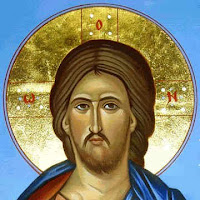Two sides of church property dispute and fidelity to beliefs
By James D. Berkley, The Layman,
Posted Thursday, February 12, 2009
Excerpt:
Lynn Moyer approached the property situation from the vantage point of an active congregational leader, and thus saw the situation in a far different light. “When these [property] determinations are made by others, a person must be willing to do battle just to speak out on faith,” she asserted. “Our battle cry is ‘Pharaoh, let my people go!’” Pharaoh, in Moyer’s situation, would be the Episcopal Diocese of Los Angeles, which recently won a California Supreme Court case that awarded the denomination Moyer’s congregation’s property.
This legal turn of affairs shocked Moyer’s sense of simple fairness. “The funds were donated by and for the local members,” she argued. “They weren’t donated to the Diocese of Los Angeles.” And yet, now the Diocese of Los Angeles holds the upper hand and could throw the All Saints congregation out onto the street to start all over.
But didn’t the congregation choose to leave the diocese? Not according to Moyer. “The oath of office cuts both ways,” she reminded Miller. “We counted on the Episcopal Church to uphold the preamble of its constitution, which begins ‘upholding the historic faith and order.’ There have been over two thousand years of historic faith and order. Now the Episcopal Church has left us! It has departed from the historic faith and order of the Church of Jesus Christ. It has divided itself from the millions of Christians from around the world!”
Moyer delved into her history with the troubles in the Episcopal Church. “In 1993 I was a delegate to the local [diocesan] convention,” she recalled. “I read resolutions and bios of people running for election, and I was shocked. The statements were heretical.” Later Moyer presented a resolution that “Holy Scripture is the inerrant Word of God.” “It was hotly debated and defeated,” she recounted. Full story


0 Comments:
Post a Comment
<< Home